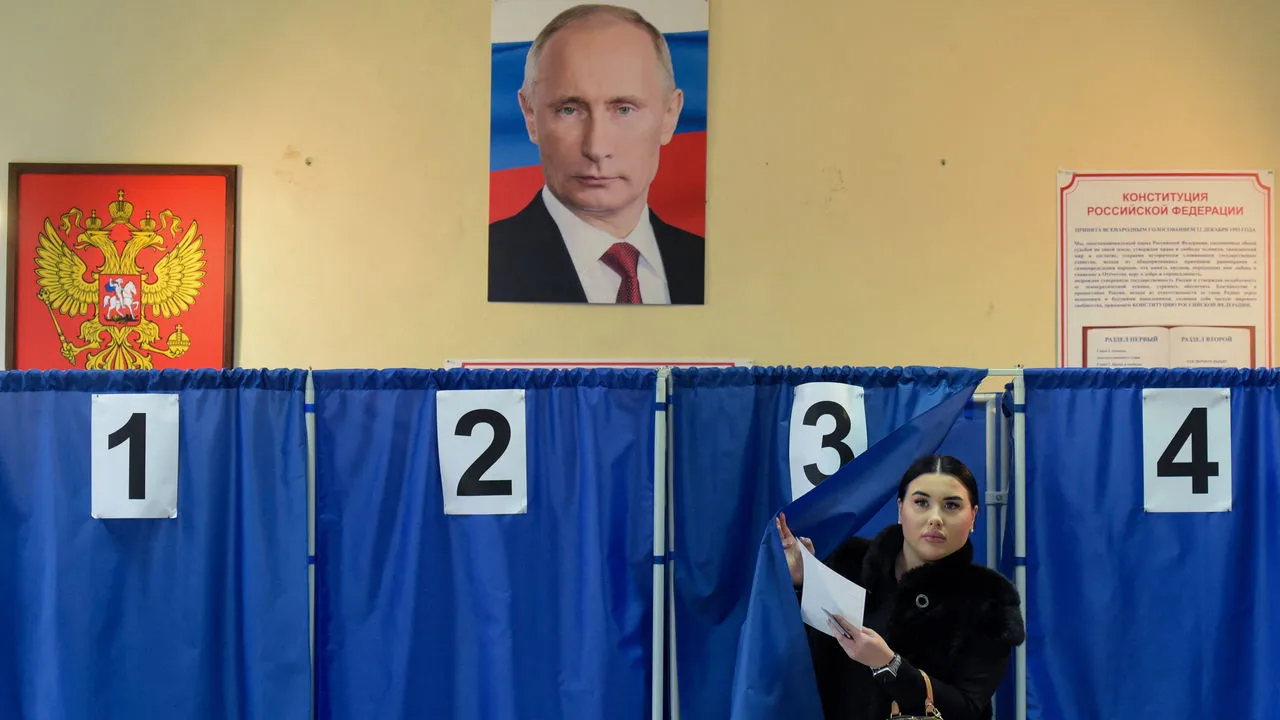Introduction
Elections in Russia have been a subject of significant scrutiny and debate, particularly in the context of their political environment. With a history marked by a blend of democratic processes and authoritarian governance, Russian elections often raise questions about their fairness, transparency, and overall credibility.
Historical Context
Russia’s electoral landscape has evolved dramatically since the dissolution of the Soviet Union in 1991. Initially, the 1990s were characterized by a chaotic transition to democracy, with multiple parties vying for power and a genuine electoral competition. However, the early 2000s saw a consolidation of power under Vladimir Putin, who became president in 2000. This shift marked the beginning of a series of reforms that would reshape the electoral process.
The Electoral Process
Russian elections are held at multiple levels, including federal, regional, and local. The most significant among them are the presidential and parliamentary elections. Presidential elections occur every six years, while State Duma elections are held every five years.
- Presidential Elections: The president is elected through a direct vote. In recent elections, candidates face stringent scrutiny, with many opposition figures either barred from running or facing legal challenges.
- Parliamentary Elections: The State Duma consists of 450 members elected through a mixed electoral system, combining proportional representation with single-member districts.
- Regional Elections: These elections allow citizens to elect governors and regional legislators, but often reflect the centralized control of the Kremlin.
Major Players
The political landscape is dominated by the United Russia party, which supports President Putin. While there are nominal opposition parties, they often struggle to gain traction due to systemic obstacles. Key figures from the opposition, such as Alexei Navalny, have faced imprisonment or exile, significantly impacting their ability to participate in the electoral process.
Election Integrity Concerns
Russian elections have been marred by numerous allegations of fraud and manipulation. Observers, both domestic and international, have raised concerns about:
- Media Control: State-controlled media often portrays a biased view of the political landscape, sidelining opposition voices.
- Voter Manipulation: Instances of ballot stuffing, coerced voting, and the use of administrative resources have been reported.
- Restricted Political Freedom: The Kremlin has implemented laws that limit political activities, making it difficult for opposition parties to operate freely.
Recent Developments
The 2021 parliamentary elections exemplified many of these issues, with United Russia securing a significant majority amid widespread allegations of fraud. The government’s crackdown on dissent has intensified, particularly following protests related to Navalny’s imprisonment.
In 2023, regional elections further reflected the entrenched power of the ruling party, with limited real competition. The ongoing geopolitical tensions, particularly due to the conflict in Ukraine, have also influenced the political climate, leading to increased nationalism and a further tightening of state control over political discourse.
Conclusion
The Russian electoral system, while ostensibly democratic, often falls short of international standards for free and fair elections. The concentration of power, coupled with systemic barriers to opposition, continues to shape a political landscape where true competition is severely limited. As Russia navigates its complex socio-political environment, the future of its electoral processes remains uncertain, raising important questions about democracy and governance in the country.

Leave a Reply